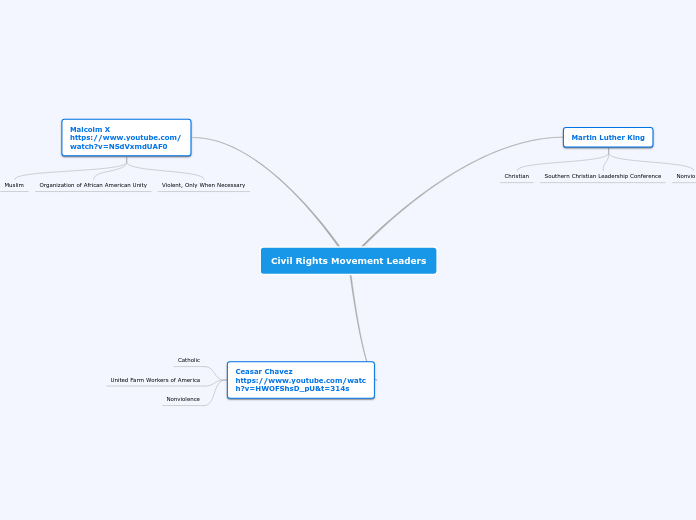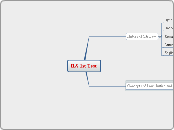CIVIL LAW
LIABILITY RULES
WARRANTY
PROPERTY RULES
INTRODUCTION TO LAW
HOW IS LAW IMPLEMENTED AND ENFORCED?
the Uk example
Private law
county court: minor claims
Tort: <£15,000 Except for personal injury cases where the value of the claim can run up to £50,000
contract: no complex legal issues and value < £15,000
High court
Family division: family dispute
Chancery division: tax, company law and bankruptcy law, trust law
Queen's bench: contract law and torts law suits
Cout of appeal
Supreme Court
the French example
Private Law
Criminal Law
crimes
cour d'assises
delits
tribunal correctionnel
contraventions
Tribunal de police
Civil Law
conseil de prud'hommes
individual disputes between employees or apprentices and employers
Tribunal de commerce
commercial transactions between companies and between individuals
disputes between private persons and traders or between traders and commercial companies
Tribunal d'instance
easy to access (all civil cases)
exclusive jurisdiction for disputes such as unpaid rent.
tribunal de grande instance (+10 000)
civil disputes between private persons not allocated to any other civil court
Public Law
administrative tribunal
court of appeal
conseil d'état
exclusive jurisdiction
elections
cour de cassation
advisory
competent forum?: the legal ability of a court to exert jurisdiction over a person that is the subject of a suit.
ratione loci (geographic criteria)
immovable goods
jurisdiction of the defendant's place of residence
ratione materiae (material criteria)
==> amount of the claims
nature of dispute
exclusive jurisdiction?
specialised competent jurisdiction
the judiciary system: courts = from for disputes to be heard/ jugements to be provided
who is the juge?
specialised jurisdictions lay judges
trade tribunal
labour tribunal
shared principles
2/3 stage procedure
Civil ≠ Criminal proceedure
appeal
also mistakes on the facts
cassation
irregularity in the way in which the case was conducted
mistakes on the law
WHAT IS LAW
Notion of legal system
pluralistic systems
French sources of law (Kelsen's pyramid)
Doctrine
opinions that authors gave in books and articles concerning legal issues.
Jurisprudence
The legal rules repeatedly applied to a specific situation of facts by a higher court
Regulatory acts
arrete secretary of state, mayor or prefect
decret 1st and other ministers
Ordonnance president
French Statutes
Government "project"
parliament "proposition"
European statutes
EU council / EU parliament
directives
regulations
International treaties
principle of reciprocity
Constitution
texts with constitutional value
distribution of power
people's rights
4th republic 1958
written legislation (codified)
based on roman law
commun law
Legal precedents (Jurisprudence)
English Sources of Law
Custmons
established patterns of behaviour that can be verified objectively within a particular social setting.
Equity
allowing courts to use their discretion and apply justice in accordance with natural law. Equity is supposed to add fairness to the implementation of justice.
As it consists in the application of “moral” rules
Case Law
Rule of Precedent / Principle of stare decisis:
A rule of law established for the first time by a court for a particular case is binding on other judges of lower courts for any other case with similar facts.
Statutes
gov. bodies: secondary legislation
parliament: primary legislation
parliament sovereignity
unmodified constitution
customs/religious legal systems
classification of law
public law
constitutional law
administrative law
private law
commercial law
property law
criminal law
civil law
Who are the subjects?
legal persons
natural persons
notion of rights
Subjective rules
Objective law
notion of law
main features of legal rules
cohesive
by default
mandatory
compensatory sanctions
repressive sanctions
preventive sanctions
external
government
parliament
general and impersonal
influence of ethics morality and religion









